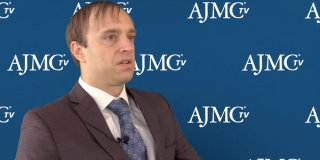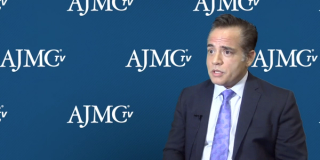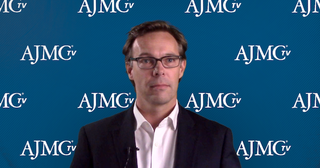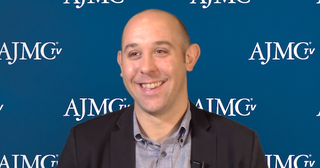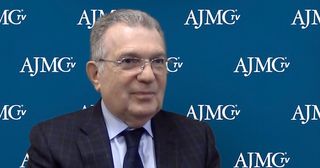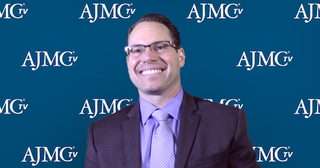
Alternative Payment Models
Latest News
Latest Videos

Podcasts
More News
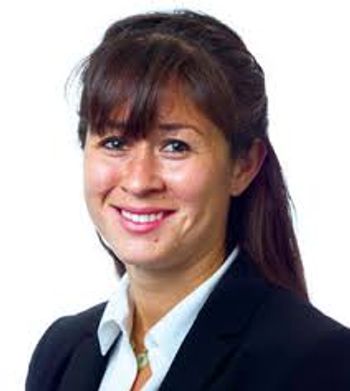
COVID-19 has delayed the transition to Oncology Care First, but the forthcoming model could help.
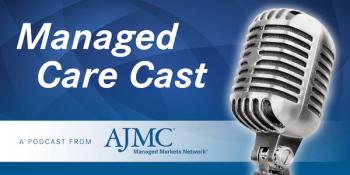
Allison Brennan, MPP, discusses legislation that would affect accountable care organizations (ACOs), the impact coronavirus disease 2019 had on ACOs, and the fall National Association of ACOs meeting.

Bundled payments offer promise as a supplement to existing payment models to promote scaling up of opioid use disorder treatment using buprenorphine.


CMS Administrator Seema Verma announced the update today in a blog post in Health Affairs.

The Patient-Driven Payment Model addresses perverse incentives in Medicare’s previous payment system for skilled nursing facilities, but it includes new incentives that may be problematic.

Implementing alternative payment models in oncology is a complicated process. The models are not perfect, especially the Centers for Medicare and Medicaid Services’ Oncology Care Model (OCM), although several panelists saw improvements in the proposed successor model, Oncology Care First (OCF).

This review presents a set of evidence-based outcome measures for oncology alternative payment models, drawing on evidence from existing and proposed quality measures.

The November issue of The American Journal of Managed Care® (AJMC®) included studies on a kidney disease intervention, perceptions of alternative financing models, population health screening, and more. Here are 5 findings from research published in the issue.

This study examined how Medicare Advantage plan representatives perceive the alternative financing model Pay for Success and its potential to address members’ social risk factors.

AJMC®TV interviews let you catch up on what’s new and important about changes in healthcare, with insights from key decision makers—from the clinician, to the health plan leader, to the regulator.

In a commentary adapted from the organization's official response to CMS' proposal, the author highlights potential challenges that proposed alternative payment model presents for members of the American Society for Radiation Oncology (ASTRO).

This article explores Northwestern Medicine’s decision to participate in a Medicare alternative payment model (APM) despite projected losses.

As rising drug costs continue to take up a larger portion of the total cost of care, practices in the Oncology Care Model find themselves in control of a shrinking portion of total costs, according to anecdotes from an academic medical center and a community-based practice during the National Comprehensive Cancer Network’s Policy Summit held September 12 in Washington, DC.

To date, most alternative payment models (APMs) that have emerged in the shift toward value-based care have been initiated by payers and focused on primary care providers. However, there has recently been a new wave of payment reform in which providers, mostly specialists, are designing and implementing their own APMs in their practices. A study published in the September issue of The American Journal of Managed Care® analyzed some of these new payment models to gain insight into what providers are prioritizing in their APMs.

Physician groups have begun designing alternative payment models for their own specialties, proposing that CMS include financial risk, funding for new technologies, and legal waivers.

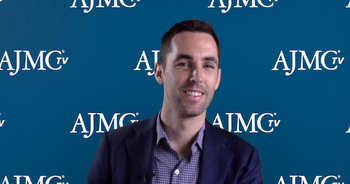
Devin Incerti, PhD, lead economist, Innovation and Value Initiative, discusses the need for global value assessments to be adaptable for countries that place emphasis on certain values.
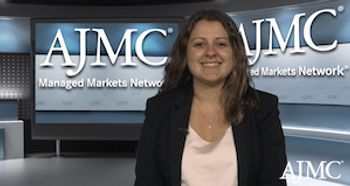
This week, the top managed care news included the Community Oncology Alliance submitting an alternative to the Oncology Care Model; more study results demonstrating diabetes drugs can prevent renal failure; US task force recommending pre-exposure prophylaxis for HIV prevention.
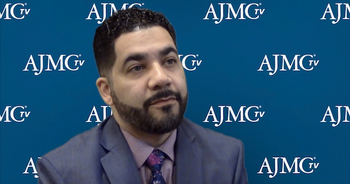
The Oncology Care Model (OCM) is pushing cancer centers and cancer programs to make the changes they knew were needed to improve care delivery and patient experiences, said David Ortiz, OCM program director at Montefiore Einstein Center for Cancer Care.

Creating a healthcare system that prioritizes a well-informed consumer and rewards improvements in quality requires overhauling the current system. Through a series of programs and initiatives, CMS, under Administrator Seema Verma’s leadership, is trying to fix some of the issues that plague the current US health system and make accessing care challenging for patients.

The long time between when a performance period ends and when the report comes out in the Oncology Care Model (OCM) can make it difficult to measure the impact specific changes are making, said David Ortiz, OCM program director at Montefiore Einstein Center for Cancer Care.
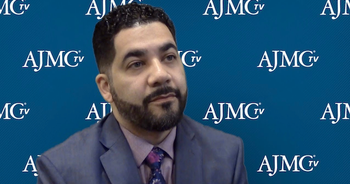
The Oncology Care Model (OCM) has set off a ripple of change in cancer care that extends beyond the patients who are in the model, said David Ortiz, OCM program director at Montefiore Einstein Center for Cancer Care.
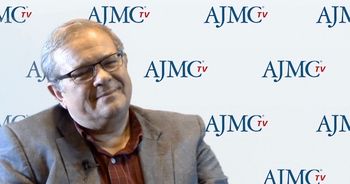
Implementing new payment models is really complicated, and the private sector is not doing as much as the public sector, said Michael Kolodziej, MD, vice president and chief innovation officer at ADVI Health, Inc.





